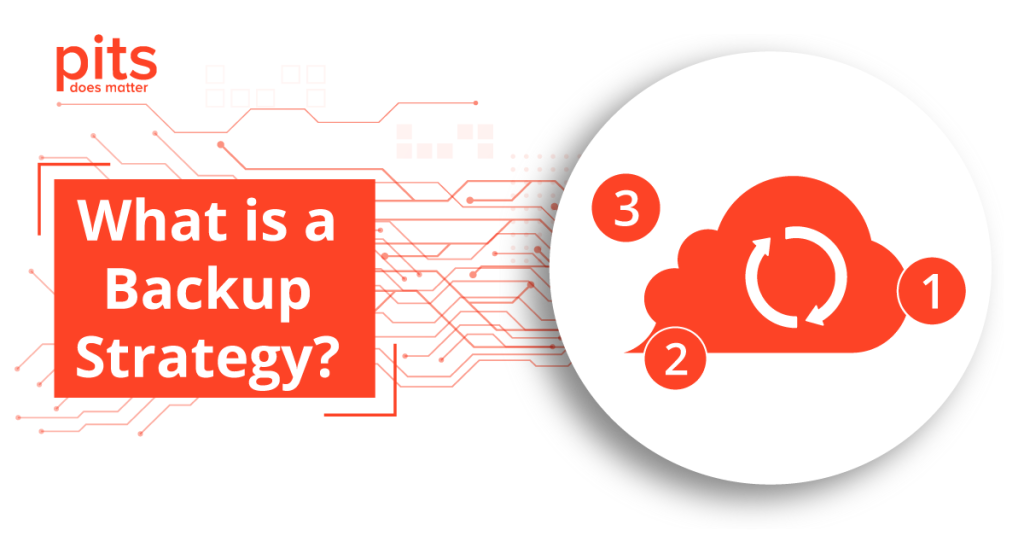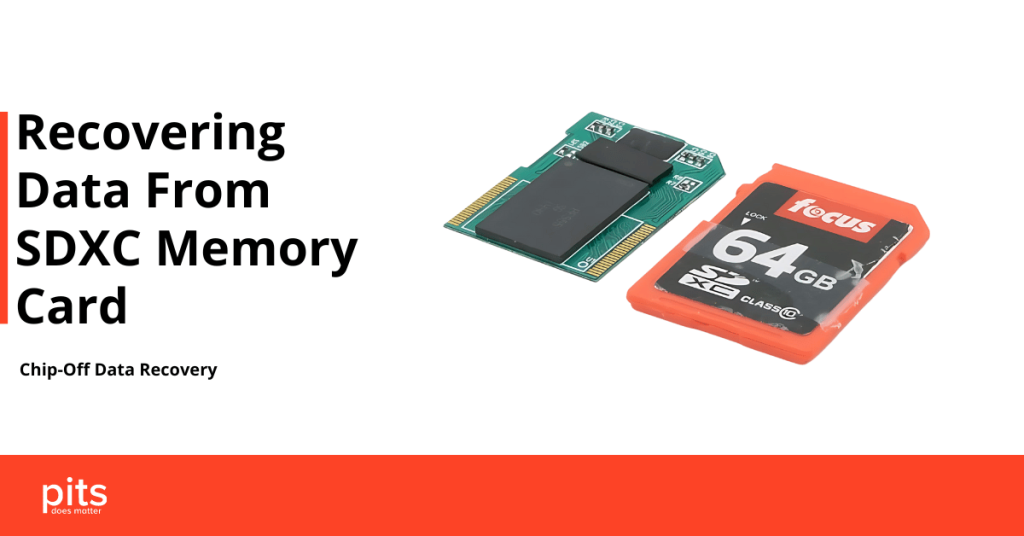When managing large amounts of data, choosing the right storage solution is crucial. Just a bunch of disks (JBOD) is a popular storage configuration that allows users to combine multiple hard drives into a single logical unit. While Seagate’s JBOD systems are reliable, they are not immune to failures. Understanding the common reasons for these failures can help users take preventive measures and ensure data integrity.
Power Issues
One of the primary reasons for JBOD failure is related to power supply problems. Power surges, interruptions, or fluctuations can disrupt the operation of the drives, potentially leading to data corruption or loss. Additionally, inadequate power supply units (PSUs) may not deliver the necessary voltage and current to support multiple drives operating simultaneously, increasing the risk of hardware failure.
Prevention Tips:
- Use a high-quality, surge-protected power supply.
- Consider using an uninterruptible power supply (UPS) to maintain power during outages.
Drive Overheating
Overheating is another common cause of JBOD failure. When hard drives operate for extended periods, especially in confined spaces without proper ventilation, they can become excessively hot. High temperatures can lead to physical damage and shorten the lifespan of the drives.
Prevention Tips:
- Ensure proper airflow around the JBOD unit.
- Regularly monitor drive temperatures using software tools and take action if they exceed safe levels.
Data Corruption
Data corruption can occur due to various factors, such as software errors, abrupt shutdowns, or file system corruption. In a JBOD setup, if one drive becomes corrupted, it may affect the entire array, making data recovery challenging.
Prevention Tips:
- Implement regular backups to protect against data loss.
- Use reliable file systems that offer error-checking features.
Disk Failures
Mechanical or electronic failures of individual drives can lead to JBOD failure. This can be due to manufacturing defects, age, or excessive wear and tear. In a JBOD configuration, if one drive fails, it does not automatically affect the others, but data stored on the failed drive may be lost.
Prevention Tips:
- Regularly perform health checks on drives using diagnostic tools.
- Replace drives showing signs of failure, such as unusual noises or slow performance.
Incompatibility Issues
JBOD configurations require that all drives be compatible with one another and the JBOD controller. Using drives with different firmware versions or brands may lead to communication issues, resulting in system instability or data loss.
Prevention Tips:
- Use drives from the same manufacturer and model when possible.
- Ensure that all drives are updated with the latest firmware.
RAID Misconfiguration
While JBOD is not a RAID setup, users sometimes mistakenly configure JBOD to act like a RAID system. Misconfigurations can lead to data loss if the system attempts to operate under RAID conditions without proper setup.
Prevention Tips:
- Familiarize yourself with JBOD and RAID configurations and their differences.
- Consult user manuals or technical support if unsure about setup procedures.
Conclusion
Understanding the potential failure reasons for Seagate JBOD systems can empower users to implement preventive measures and safeguard their data. Regular monitoring, proper configuration, and maintenance are essential to ensuring the longevity and reliability of JBOD storage solutions. By taking proactive steps, users can significantly reduce the risk of data loss and enjoy the benefits of efficient storage management.


